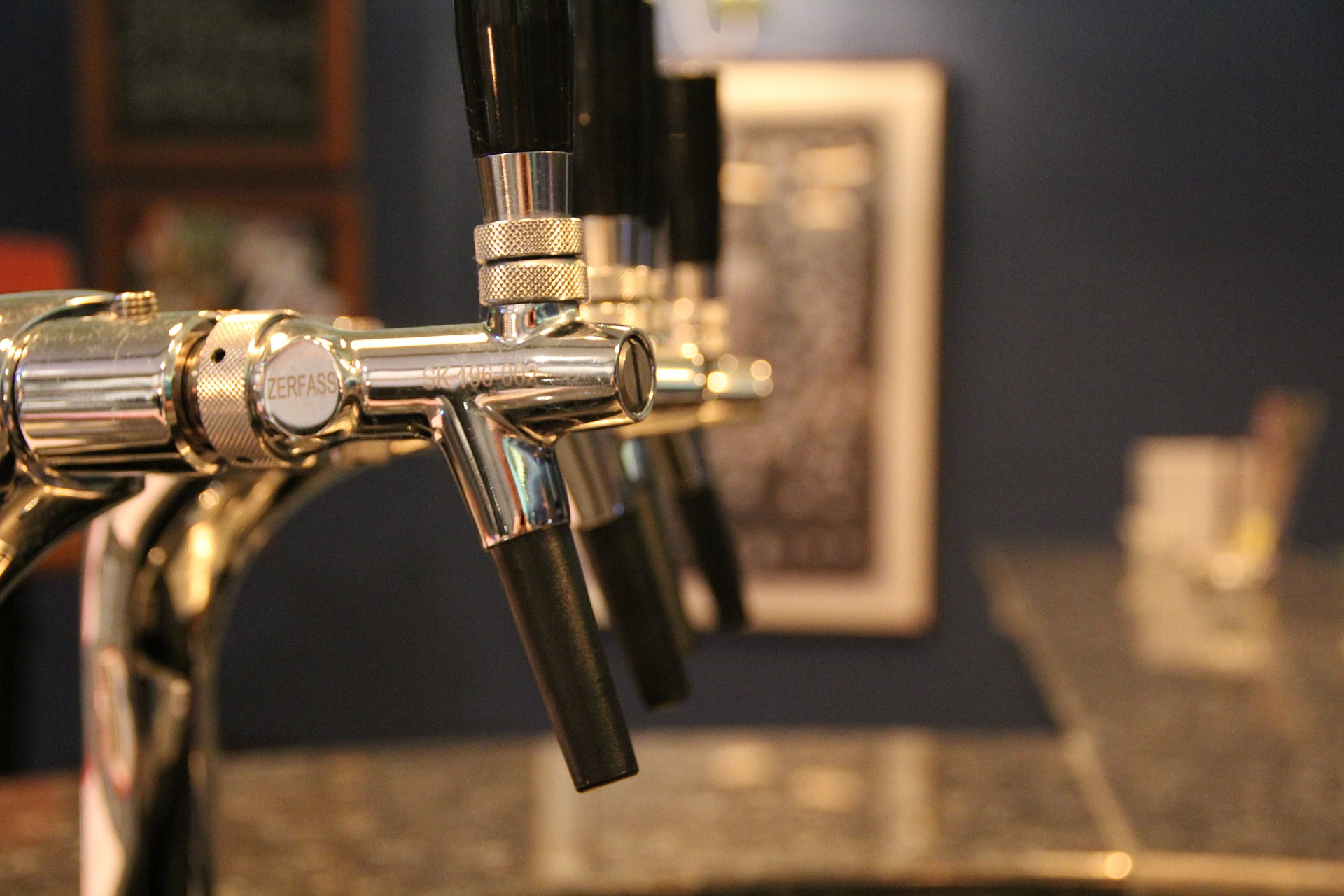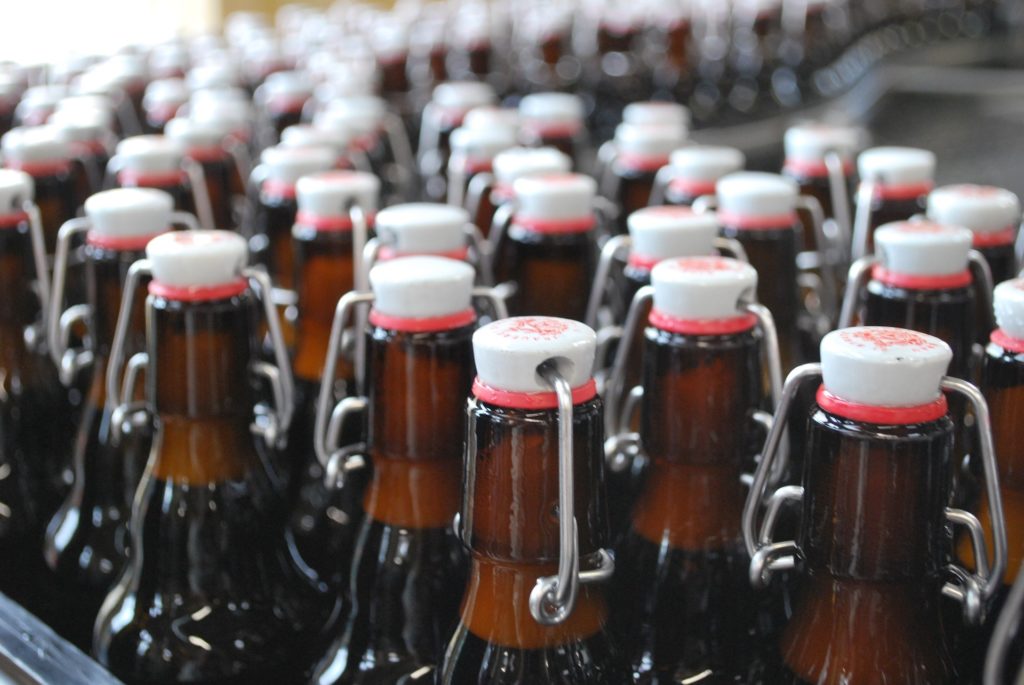There’s been a craft beer revolution in the UK for some time now, with a resurgence in home and micro breweries. If you have a passion for beer and are thinking of setting up your own craft micro brewery, you’ll find some useful tips in this article.
Finding premises
Modern micro-breweries can be found almost anywhere – in old stable blocks, light industrial estates, disused canteens, and even in old railway stores. It’s important the building has plenty of space, a good supply of water and good drains. Try to find affordable premises that have enough space to allow for expansion.
The best place for a brewery is on a modern industrial estate where there’s normally plenty of space, high ceilings and good access and parking. Leasing premises where you can obtain the necessary licences and permits is essential. Installing the correct type of micro brewery flooring is vital too, so that everything is kept clean and sanitised – the last thing you need is to shut down for a week or so because of a bacterial infection.

Qualifications and experience
Business and financial management experience and an understanding of customer relations is good, but you also need to know how to make beer! Of course, chances are that you’re already an avid brewer in your spare time, possibly in your garage, but professional beer brewing is a different game.
To learn the art of brewing and understand all there is about beer, you should think about investing in some proper training. Perhaps take a Start Up Brewing Course, or go to Brew School!
The Society of Independent Brewers (SIBA) is the perfect place for craft beer advice and also for networking. SIBA has a dedicated web forum, where people can share ideas, ask questions and offer valuable assistance.
Specialist equipment
A brewery consists of several areas: the brewhouse where all the brewing is done, and the fermentation area where the beer is stored and matured. Then there is the bottling, labelling, and packaging area. One way to kit out your micro brewery is to hunt through trade magazines for second-hand fermenters, storage tanks and capping machines, or to spend hours on eBay sourcing the right equipment.
However, if you’re new to the industry, you may be better off consulting an experienced independent brewing consultant who can source the right equipment for you and even help design the layout of your brewery. They can also suggest suppliers of ingredients and yeast sources.

Market research
It’s important to carry out proper and detailed research so that your start-up has the best possible chance of succeeding. It’s a good idea to visit breweries, pubs and bars to get a feel for the consumer and their preferences. The majority of beer drinkers are still developing their understanding of artisan beers, and the shift from pub beer to real beer is continuing to grow. This is demonstrated by the huge increase in craft brewers and craft beers.
Visit as many breweries, pubs and bars as you can, ask questions and learn, learn, learn. Take a Brewery Tour to check out the competition. If you’re new to the industry, you can’t buy experience off the shelf, but you can certainly gather as much industry knowledge as possible to give you a head start.
Test your market
The equipment you purchase will determine your initial target brew length (the number of barrels), you produce. Tap into a few local pubs and bars to see if they’ll stock your beer. Pub owners talk amongst themselves and if their customers like your product, other pubs will buy from you. Most micros start off with a brew length of five barrels, but if there’s a great deal of interest in your new beer, and not many competitors in the area, you might want to increase this to 10.
It should go without saying that you need to produce the quality beer you’ve always wanted to brew – your business is all about craft.
Make sure you only deliver to those pubs that pay on delivery – don’t fall for promises of payment at a later date. Cashflow is crucial for your survival.
Approximate budget
As a rule of thumb, you need to budget around £50-60,000 to set up your own micro brewery. This doesn’t include the cost of your research time, branding and training before officially launching the business. Check what grants and other financial assistance are available locally. You could also try to raise funds via crowdfunding.
A word of advice: don’t blow all your capital at once and try to save money where you can. If you have a job or your own small business, keep it going until you can tell if the brewing business is working and will be profitable before you fully commit.
That said, the rate at which you can learn is proportional to how often you can brew. Give the business your all, put in extra hours if you have to, be the best brewer you can be. But also try not to neglect family and other commitments.
Marketing your beer pre-launch
It’s a good idea to do some pre-launch marketing, and you can do this through social media ads, coverage from your local media, and by networking with people and pubs in your community.
This article was written by Dakota Murphey, beer and wine enthusiast.



















